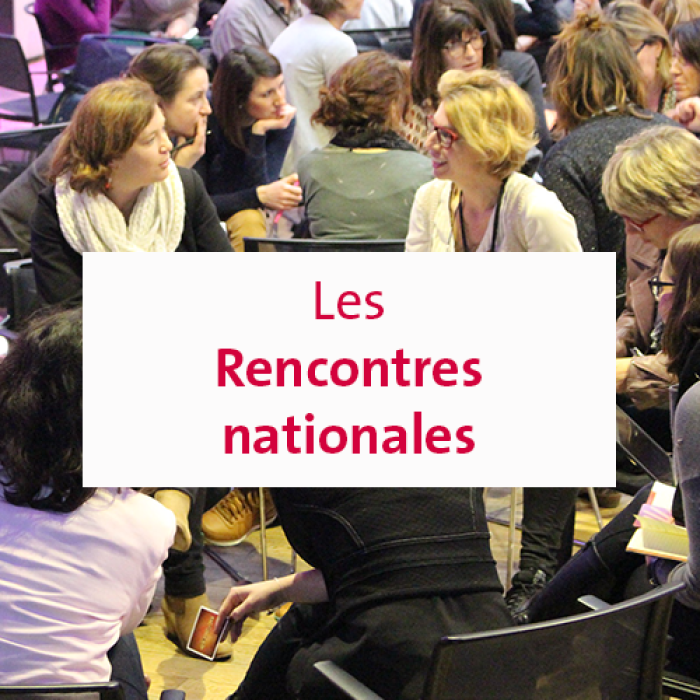
"Make sure e-governance is serving the best interests for citizens"
It is crucial to understand how to use participatory democracy to shape digital (and space, tech, etc.) policy - to benefit all. As program manager for digital and space policy, Elizabeth Wiltshire draws the lines for an inclusive e-governance.
Elizabeth Wiltshire is Program Manager for Digital and Space at Friends of Europe, based in Brussels. She is also an Associate Fellow on technology policy at the Tony Blair Institute for Global Change. She currently focuses on the policy areas of digital and space and is particularly interested in digital rights and ethics.
Cap'Com : As a technology and public policy specialist, do you think that digitalisation and technological innovations are able to enhance the relationship between government and citizens ?
Elizabeth Wiltshire : Yes, I absolutely do think that there is an opportunity for digitalisation and technologies to improve this relationship. We can really use the opportunity of grappling with the challenges that digitalization presents in order to bring people into governance's processes through matters of participation and engagement. Using digital tools and new technologies is part of the governance's processes. The latter can be more effective, efficient and work better for people. Also, it is important to have both online and offline aspects to every process. With the shift of e-governance, there will be more options for online procedures to take place. It allows more people and more opportunities to get involved.

Cap'Com : What do you think are the main challenges of countries around the world to be able to implement e-governance ?
Elizabeth Wiltshire : We see countries like Estonia or Taiwan that are really advanced in implementing e-governance. I would underline three challenges for e-governance :
- IT security : It should be countries that have a smaller population than others, because scaling up online procedures in bigger countries is really hard to make them secure and trustworthy.
We have to make sure that the shift in e-governance is serving the best interests for citizens.
Digital inclusion : Another challenge is that you have to make sure that everybody is able to engage digitally, have access to Internet connection and have digital skills and digital empowerment.
Step by step : In Belgium where I live, there are examples of introducing e-governance already, there are lots of civic processes that can be done online or at least started online. I think that there are possibilities to move gradually to this new model and that all countries are able to, step by step, streamline and make accessible online processes. The design of e-governance is an important factor, but also the adequate up-scaling, education and similar matters put in play to make sure that the shift in e-governance is serving the best interests for citizens.
Cap'Com : Serving the best interests for citizens is also enhancing public policies. In a virtuous circle, do you think technology can improve public policies ?
Elizabeth Wiltshire : I think that we are now seeing lots of digital engagement platforms where people around the society can engage in processes of participation and get involved in the decision-making that forms the policies. It means that you can draw opinions and experiences and also are able to engage with people online. Which can be incredibly useful. Everyone in society uses technology in different ways, and there are lots to be learnt in how people find ways to use technology. People are actually much quicker to interact with new technology and digitalisation than institutions are. Which means they can identify problems but also opportunities.
Cap'Com : During your presentation at the seminar in Toulouse, you have mentioned that many countries are not keeping up with digitalisation. What are the main reasons ?
Elizabeth Wiltshire : I think because they are outdated institutions and they are not built quickly and with the speed of digitalisation and new technology are happening. I don't think that the government structures that we have are built to adapt and move with technology as they should. These are, in most cases, enormous centuries old bureaucratic structures that have a lot of things to deal with, but they are not aware of the risks nor the opportunities that digital presents. Making changes, making decisions, identifying solutions or opportunities ... are a very slow process, unfortunately.



